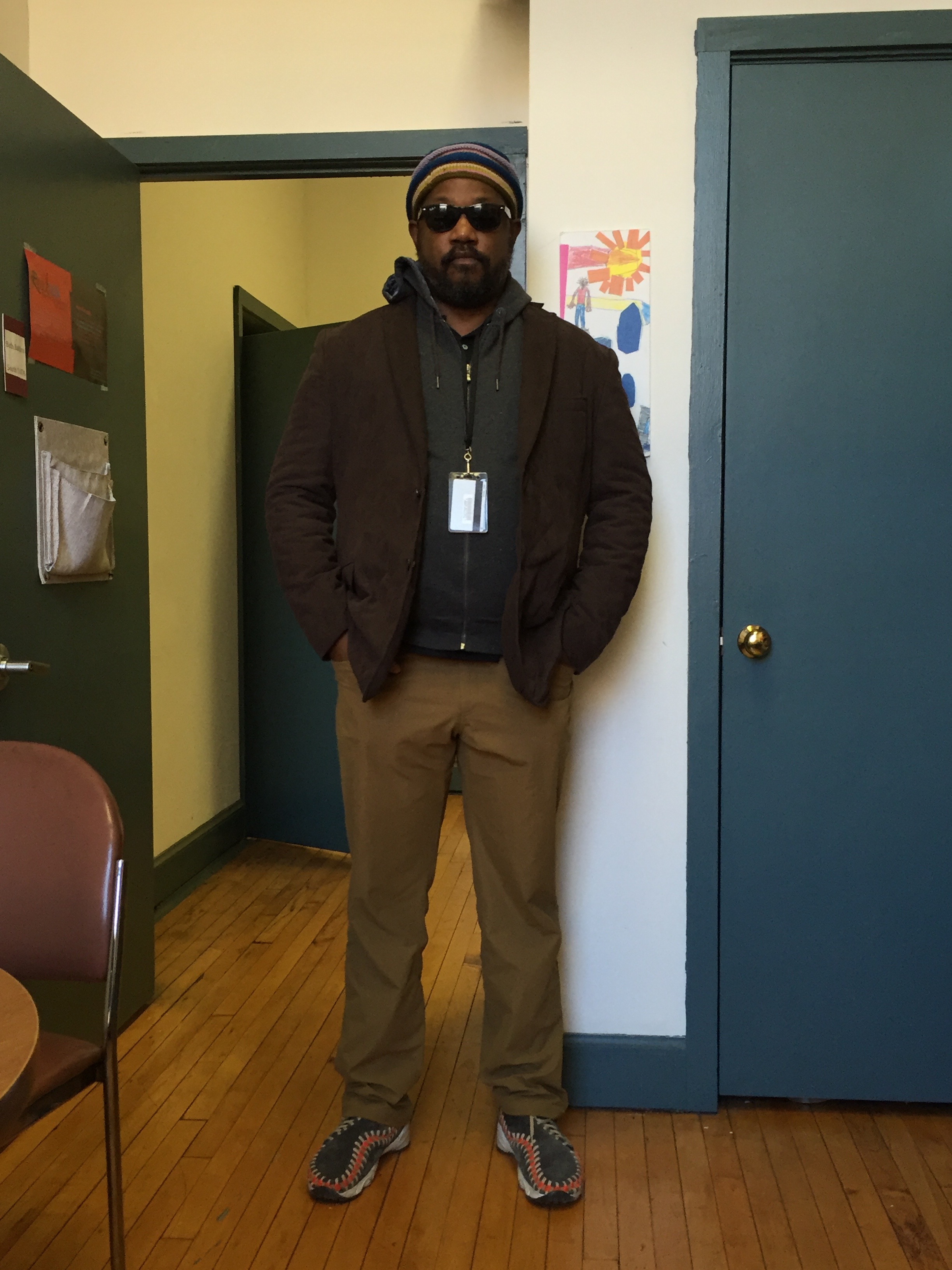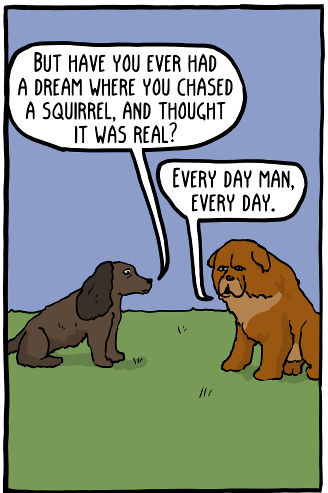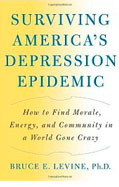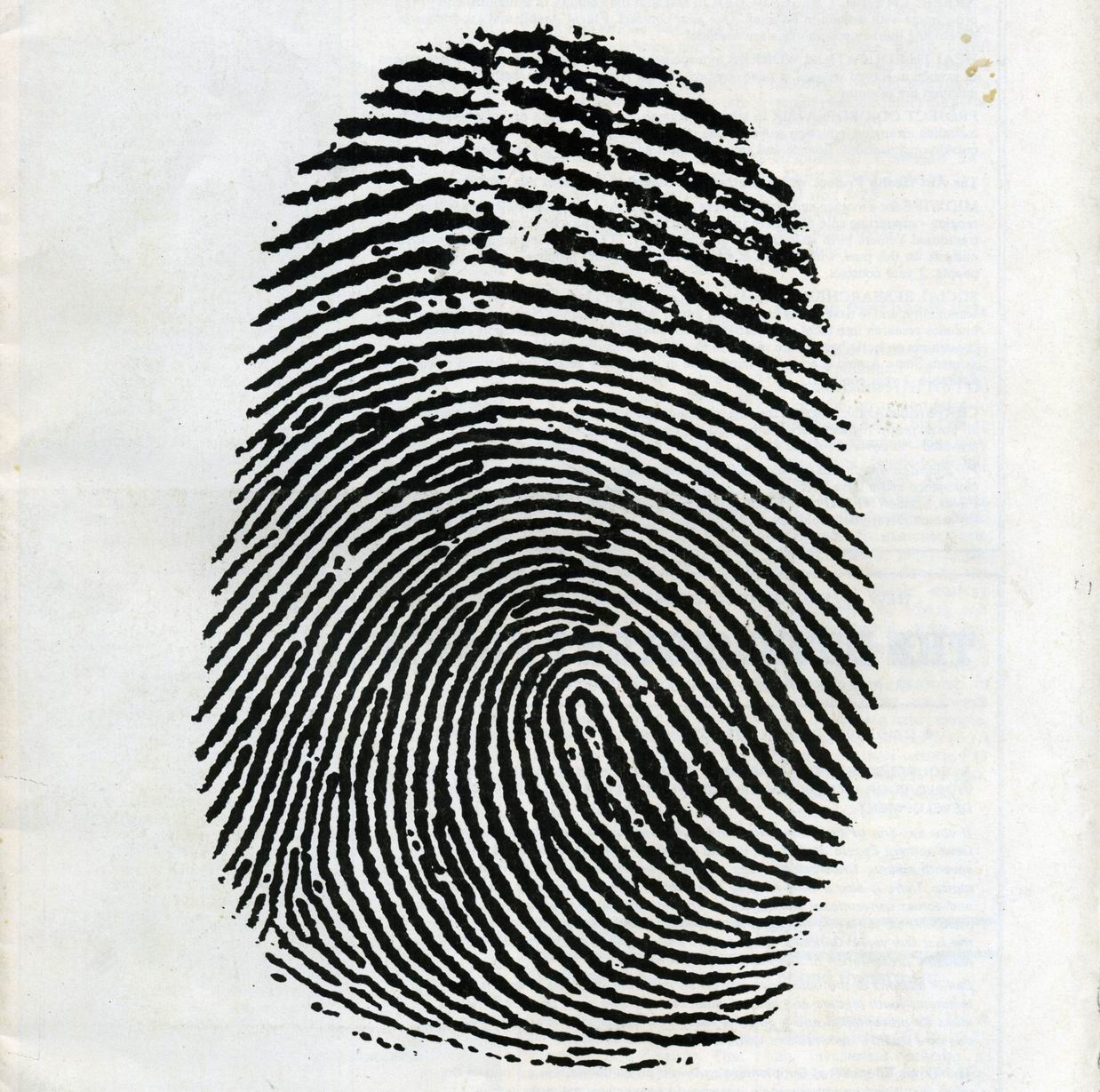Other Voices: The Connexions Newsletter
November 7, 2016
This Issue: Depression and Joy
It’s a difficult thing to measure, but there are strong reasons for believing that the number of people struggling with depression has increased significantly in recent decades. Despite the evidence that this is a social problem, and not merely an individual misfortune, the solutions and escapes on offer are almost all individual: pharmaceuticals and therapy, on the one hand; self-medication with alcohol, streets drugs, television, etc., on the other.
Certainly there are individual circumstances and individual causes, but when millions of people are experiencing the same thing, we need to be looking not only at the individual, but also at the society. Many of us feel powerless in the face of economic decline, a burgeoning police state, a ruling class willing to risk all-out war to increase its wealth and power, and the growing likelihood of environmental catastrophe. Many of us also struggle to bring about a radical change of direction, but you’d have to be oblivious to reality to wake up each morning feeling cheerful and optimistic.
But while the circumstances, and the odds we face, might not be what we’d prefer, nevertheless we aren’t powerless. We can and do act. And through our actions, especially our collective actions, we can experience community, friendship, and moments of joy.
In this issue, we feature articles, as well as a book, a film, and a comic strip, which look at depression and also at what we can do in the face of depression and gloom. As always, we try to offer enjoyment as well as gloom.
As always, we invite you to share this newsletter with your friends. You can forward this email, or send them the link to the Other Voices home page on the Connexions website at www.connexions.org/Media/CxNewsletter.htm.
If you'd like to subscribe and receive this newsletter by email every two weeks, please use this form.
Your feedback is appreciated - and so are donations to keep us doing what we're doing!

Topic of the Week
Depression and Joy
Feeling depressed? Check out resources in the Connexions Library dealing with depression here. Or if that’s too depressing to contemplate, see what there is under Joy here.
This Week on Connexions.org
How we learned to stop having fun
We used to know how to get together and really let our hair down. Then, in the early 1600s, a mass epidemic of depression broke out - and we've been living with it ever since. Something went wrong, but what? Barbara Ehrenreich notes that hundreds of books, articles and television specials have been devoted to depression: its toll on the individual, its relationship to gender, the role of genetic factors, the efficacy of pharmaceutical treatments. But to her knowledge, she says, no one has suggested that the epidemic may have begun in a particular historical time, and started as a result of cultural circumstances that arose at that time and have persisted or intensified since. Read more
Keywords: Depression – Collective Joy
Psychiatry's 'Defect Model of Mental Illness:' a Path for Those it Has Failed
Depressed, anxious, and substance-abusing people can beat themselves up for being defective. And psychiatrists and psychologists routinely validate and intensify their sense of defectiveness by telling them that they have, for example, a chemical-imbalance defect, a genetic defect, or a cognitive-behavioural defect. In plain words, many depressed, anxious, and substance-abusing persons think: “I feel fucked up because I am essentially fucked up,” and mental health professionals routinely confirm this. The “defect model of mental illness” is more commonly referred to as the “medical model of mental illness.” In the medical model, the doctor is essentially a technician charged with fixing a defect. This medical model makes sense for suturing a laceration, removing a bullet, or restoring the body from other identifiable physiological insults. Read more
Keywords: Depression - Mental Health and Social Justice
The Rain on Our Parade
Working for social justice, says Rebecca Solnit, means celebrating what you have in common with potential allies, not punishing them for often minor differences. It means developing a more complex understanding of the matters under consideration than the cartoonish black and white positions that both the left and the right tend to fall back on. Dismissiveness is a way of disengaging from both the facts on the ground and the obligations those facts bring to bear on your life. Read more
Keywords: Critical Thinking - Left-wing Politics
I fit the description...
On my way to get a burrito before work, I was detained by the police. I noticed the police car in the public lot behind Centre Street. As I was walking away from my car, the cruiser followed me. I walked down Centre Street and was about to cross over to the burrito place and the officer got out of the car. "Hey my man," he said. He unsnapped the holster of his gun. Read more
Keywords: Critical Thinking - Left-wing Politics
Cities Need More Public Transit, Not More Uber and Self-Driving Cars
In the near future, it is likely that cities will come under intense pressure to sacrifice public transportation in favour of new, private, car-dependent alternatives, at the very time when we need to be working to reduce or even eliminate car use in cities. Cities should be very cautious about supporting new technology that is inaccessible to the poor, such as ride-hailing services, which are usually more expensive than public transportation, are not required to accept cash, and almost always require smartphones and credit cards. Read more
Keywords: Cities - Public Transit
Securing communal land rights for Tanzania's Indigenous Peoples
Commuting between land rights negotiations in the city and herding goats on the plains, Edward Loure is at once a traditional Maasai and a modern urbanite. That ability to straddle the two very different worlds he inhabits has been key to his success at having 200,000 acres of land registered into village and community ownership. Read more
Keywords: Communal property - Land rights
Website of the Week
Existential Comics
A philosophy comic about the inevitable anguish of living a brief life in an absurd world. Also jokes. Find them here
Keywords: Cartoons/Comics – Philosophy
Book of the Week
Surviving America's Depression Epidemic
By Bruce E. Levine
The rate of depression in Western societies has increased dramatically in the last fifty years, and mental health institutions have become part of the problem rather than the solution. The good news, says Bruce Levine, is that age-old wisdom and legitimate science -- uncorrupted by the profit-margin pressures of pharmaceutical and insurance companies -- have much to inform us about revitalizing depressed people and a depressing culture. Read more
Keywords: Depression – Transformation
Film of the Week
Gatekeeper
In 2015, there were 24.025 documented suicides in Japan. A retired police detective dedicates his life to preventing deaths at Japan's suicide cliffs, providing emergency assistance and counseling even as tourists flock to the site, attracted by its notoriety as a popular suicide destination. Watch it here
Keywords: Suicide - Suicide Prevention
Organizing
Happy Activism
How do we make environmental organizations attractive to large numbers of people? And how do we keep these folks engaged for the years, even decades that it will take to create a sustainable society? My interest here is not to enumerate people’s reasons for activism but rather, based on these reasons, to articulate principles that movement organizers should follow to bring people to the cause. Read more
Keywords: Community Building - Friendship
People's History
1956: Hungary’s lost revolution
The 21st century anti-capitalist movement owes a debt to the heroic and inspiring working-class uprisings in Hungary. The Hungarian Revolt of 1956 not only electrified the country itself, but also sent shockwaves around the globe that led to the rise of a new generation of left-wing activists and thinkers, collectively known as the New Left, that re-energised radicals and revolutionaries who had spent decades smothered by capitalism in the West and Stalinism in the East.
Although it was ultimately smashed by brute force, the rebellion displayed many of the hallmarks of a classic revolutionary situation: a ruling class split by ideological confusion; a huge urban movement; the takeover of key sections of the economy by workers' councils; and, climatically, a fragile period of dual power that had to be violently resolved in favour of the old order or the new. Read more
Keywords: Hungarian Revolution 1956 - Revolutionary Moments
Further reading: Hungary 56
From the Archives
The History Thieves
A new book by Ian Cobain describes how the British ruling class has systematically hidden and destroyed evidence of its misdeeds at home and abroad. When British colonies gained their independence, “reliable” civil servants, which in the government’s eyes meant only those who were "British subjects of European descent", were given charge of identifying and collecting all 'sensitive' documents and passing them up the bureaucratic chain. This meant that when the moment of independence came, if not before, they could either be destroyed on site or removed to the UK. As to the so-called 'Legacy' files that the colony’s new government would inherit, it was important that they gave an impression of completeness, either by creating false documents to replace those that had been weeded out or by making sure there was no reference to them in the files that remained. This purging of the record happened across the world, in British Guiana, Aden, Malta, North Borneo, Belize, the West Indies, Kenya, Uganda - wherever Britain ruled. Read more
Keywords: British Empire - Destruction of Libraries and Archives
Connexions Calendar
November 10, 2016
World Science Day for Peace and Development
Established by UNESCO in 2001, World Science Day for Peace and Development is celebrated worldwide on 10 November each year. It offers an opportunity to demonstrate to the wider public why science is relevant to their daily lives and to engage them in the debate on related issues.
By throwing bridges between science and society, the aim is to ensure that citizens are kept informed of developments in science while underscoring the role scientists play in broadening our understanding of the remarkable, fragile planet we call home and in making our societies more sustainable.
November 19, 2016
World Toilet Day
2.4 billion People do not have adequate sanitation. 1 billion people still defecate in the open. Poor sanitation increases the risk of disease and malnutrition, especially for women and children. Women and girls risk rape and abuse, because they have no toilet that offers privacy.
This year, World Toilet Day is focusing on the link between sanitation and nutrition, drawing the world’s attention to the importance of toilets in supporting better nutrition and improved health. Lack of access to clean drinking water and sanitation, along with the absence of good hygiene practices, are among the underlying causes of poor nutrition.
The aim of World Toilet Day is to raise awareness about the people in the world who don’t have access to a toilet, despite the fact that it is a human right to have clean water and sanitation.
On this day people are encouraged to take action and help promote the idea that more needs to be done. You can host an exhibition, write a toilet song, host a dinner or draw a cartoon - anything that shows #wecantwait any longer and that everyone worldwide must have access to a toilet.
November 25, 2016
International Day for the Elimination of Violence against Women
The United Nations General Assembly has designated November 25 as the International Day for the Elimination of Violence Against Women. The premise of the day is to raise awareness of the fact that women around the world are subject to rape, domestic violence and other forms of violence; furthermore, one of the aims of the day is to highlight that the scale and true nature of the issue are often hidden.
The Connexions Calendar is an online calendar that exists to advertise events that support social justice, democracy, human rights, ecology, and other causes. We invite you to use it to promote your events. Adding events to the Connexions Calendar is FREE. We'll give you a username and password which you use to log on. Use the contact form to arrange for a username and password. Read more →
Seeds of Fire
November 6, 1217
The Charter of the Forest
The Charter of the Forest is issued in England. It is a complement to the Magna Carta, which was first issued in 1215. The Magna Carta, also known as the Charter of Liberties, guaranteed that England would be governed according to the customs of feudal law, rather than arbitrarily by the King. The Charter of the Forest specifically addressed grievances related to forest law. It demanded protection of the commons from external power. The commons were the source of sustenance for the general population: their fuel, their food, their construction materials, whatever was essential for life.
November 7, 1841
Slaves aboard the ship Creole revolt
Slaves on board the ship Creole, which was transporting slaves from Virginia to New Orleans, take over the ship and take it to the Bahamas, a British territory where slavery has been banned.
November 7, 1917
The Russian Revolution
The October Revolution in Russia (so-called because November 7 corresponded with October 25 on to the old Russian calendar in use at the time). For several weeks Bolsheviks and ordinary workers, soldiers, sailors, and peasants have been carrying on extensive campaigns of agitation throughout the country against the Provisional Government, which is determined to keep Russia in the war. When the Provisional Government attempts to shut down the Bolshevik newspaper and take over the headquarters of the Bolshevik Central Committee, Red Guards and soviet workers take control of bridges and key positions in the city, including the power stations, the central telephone exchange, the General Post Office, the State Bank, and major government buildings. The Revolutionary Military Committee then publishes a manifesto proclaiming victory.
November 12, 1999
Cochabamba water war
Residents of Cochabamba form the Coordinadora de Defensa del Agua y de la Vida (Coalition for the Defence of Water and Life) to fight water privatization.
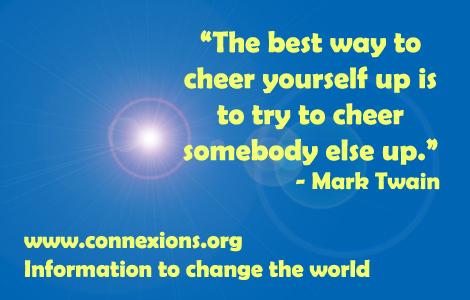
Your support is needed to keep Connexions going
All of the work of the Connexions project is done by volunteers, but our expenses include rent, phone and computer costs and technical support, as well as expenses related to our ongoing project of converting printed archival materials into digital formats. You can make a one time or regular monthly contribution through the donate page on the Connexions website.
Bequests
Many of us have made working for social justice a lifetime commitment. If you are thinking about leaving a legacy for social justice that will live on, you might want to consider leaving a bequest to Connexions in your will. If you'd like to discuss this option, please contact us or see the Bequest page.





